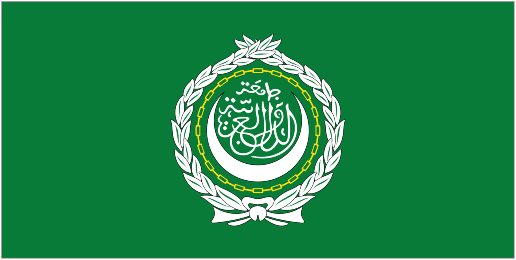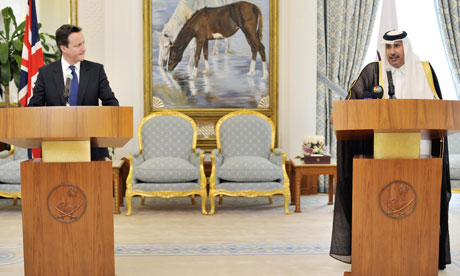Now anyone who knows me or reads this blog will know that I am against boycotting Israel, Israeli institutions, companies, or anything else. They will also know that even though I am not a huge fan of the settlements, I am against boycotting them because it will have no effect on ending the occupation, among other reasons.
Boycotts create the impression that replacing the occupation with peace is completely within Israel's control and would happen if only Israel agreed. Israel did this in 2005 when it withdrew from Gaza and the northern West Bank. It ended the occupation there but instead of replacing it with peace, it was met with continued and repeated rocket-fire. This is also what happened after Israel withdrew from south Lebanon in 2000. That is why it is the express policy of the State of Israel and the Quartet (the US, EU, UN, & Russia) to end the conflict only through negotiations.
Boycotting Israel will not end the occupation. Boycotting the settlements will not end the occupation.
Only a peace treaty with the Palestinian Authority can end the occupation.
If I'm so against these boycotts, why am I against this new law?
Because it criminalizes thought.
I am against this law for the same reason that I am against a law that would criminalize flag-burning.
The proper way to dispose of a soiled and irreparable flag is to burn it. That means that if you have two people burning a flag, one because he wants to honor the flag and one because he hates America, only the latter will be arrested. They have both done the same thing, but because of their thoughts, because of their intentions, only one will be arrested. Their action (flag-burning) isn't illegal, but their thoughts are.
That is what this new anti-boycott law does.
According to the new law, you can boycott Israeli companies and businesses, but not if you are doing so because they are Israeli.
A group can boycott the Ariel Cultural Center for any number of reasons, like not hiring enough minorities, putting on bad plays or any other reason, but not because it is a settlement.
Recently, there was an online campaign to boycott cottage-cheese until the manufacturers lowered the prices. The boycotters won! They got the manufacturers to back down and lower their prices. But if that exact same group, organized the same exact boycott but did it instead because the manufacturers were Israeli (which they are), under this new law, they would be fined.
The boycott isn't illegal itself, it's the thoughts of the organizers that are.
The worst part about this law is that it equates the settlements with Israel itself. The settlement movement has finally gotten a law passed that achieves what they have been working on for years: official recognition that the only legitimate form of Zionism is Revisionist-Settler Zionism and all other forms not only aren't Zionist but are in fact anti-Zionist.
Am I overreacting? Perhaps a little. But if the High Court of Justice doesn't strike down this law, we should all be very worried about Israel's future as a Jewish and Democratic State because this brings it down the road to being neither.
The worst part about this law is that it equates the settlements with Israel itself. The settlement movement has finally gotten a law passed that achieves what they have been working on for years: official recognition that the only legitimate form of Zionism is Revisionist-Settler Zionism and all other forms not only aren't Zionist but are in fact anti-Zionist.
Am I overreacting? Perhaps a little. But if the High Court of Justice doesn't strike down this law, we should all be very worried about Israel's future as a Jewish and Democratic State because this brings it down the road to being neither.






